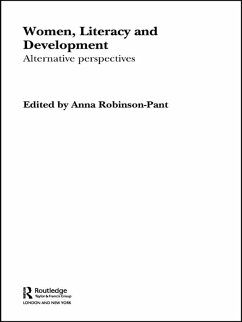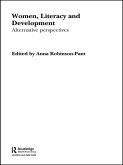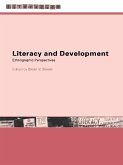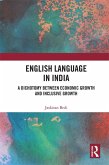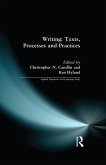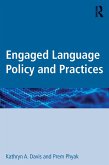Are literate women more likely to use contraceptives or to send their children to school? This is a question that has dominated much development research and has led to women's literacy being promoted by governments and aid agencies as the key to improving the lives of poor families.
However, high dropout rates from literacy programs suggest that the assumed link between women's literacy and development can be disputed. This book explores why women themselves want to learn to read and write and why, all too often, they decide that literacy classes are not for them.
Bringing together the experiences of researchers, policy makers and practitioners working in more than a dozen countries, this edited volume presents alternative viewpoints on gender, development and literacy through detailed first-hand accounts. Rather than seeing literacy as a set of technical skills to be handed over in classrooms, these writers give new meaning to key terms such as "barriers," "culture," "empowerment" and "motivation."
Divided into three sections, this text examines new research approaches, a gendered perspective on literacy policy and programming and implementation of literacy projects in African, Asian and South American contexts. With new insights and groundbreaking research, this collection will interest academics and professionals working in the fields of development, education and gender studies.
However, high dropout rates from literacy programs suggest that the assumed link between women's literacy and development can be disputed. This book explores why women themselves want to learn to read and write and why, all too often, they decide that literacy classes are not for them.
Bringing together the experiences of researchers, policy makers and practitioners working in more than a dozen countries, this edited volume presents alternative viewpoints on gender, development and literacy through detailed first-hand accounts. Rather than seeing literacy as a set of technical skills to be handed over in classrooms, these writers give new meaning to key terms such as "barriers," "culture," "empowerment" and "motivation."
Divided into three sections, this text examines new research approaches, a gendered perspective on literacy policy and programming and implementation of literacy projects in African, Asian and South American contexts. With new insights and groundbreaking research, this collection will interest academics and professionals working in the fields of development, education and gender studies.
Dieser Download kann aus rechtlichen Gründen nur mit Rechnungsadresse in A, B, BG, CY, CZ, D, DK, EW, E, FIN, F, GR, HR, H, IRL, I, LT, L, LR, M, NL, PL, P, R, S, SLO, SK ausgeliefert werden.

